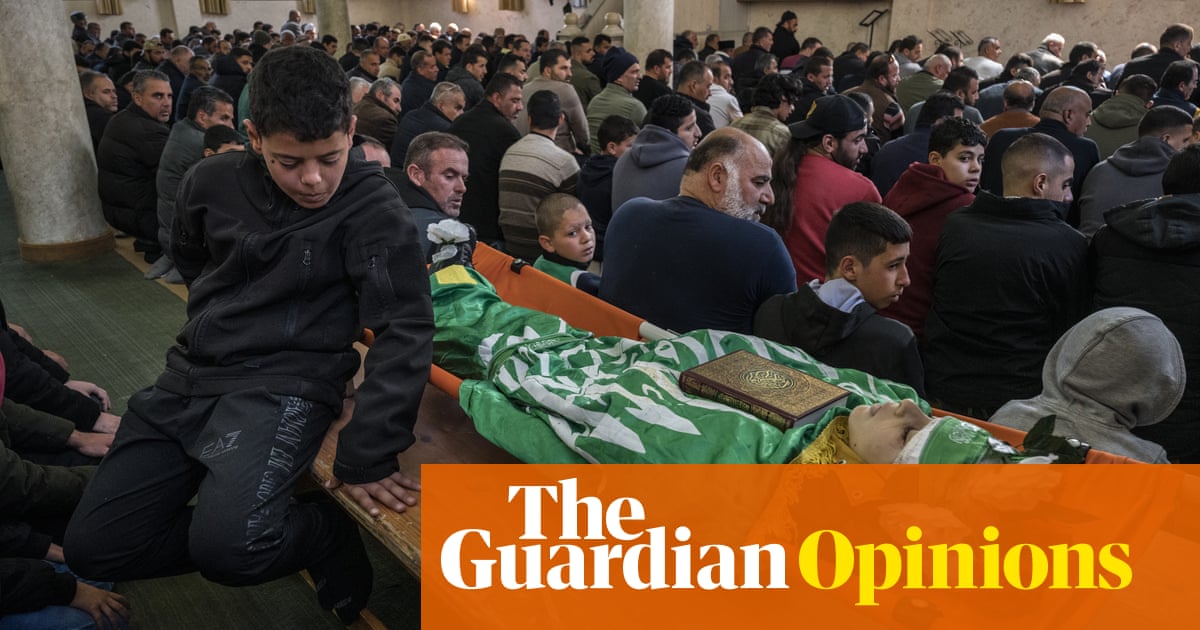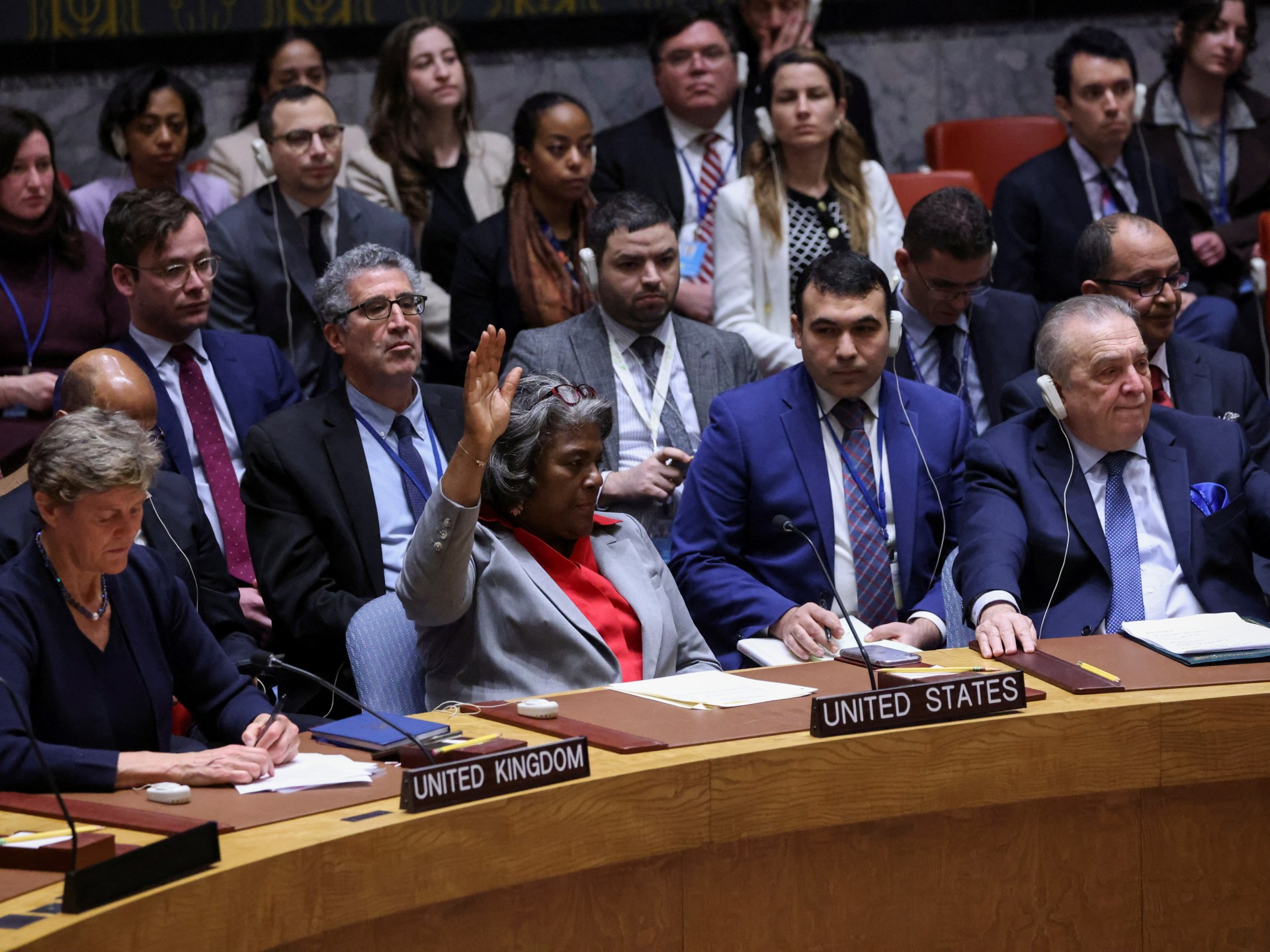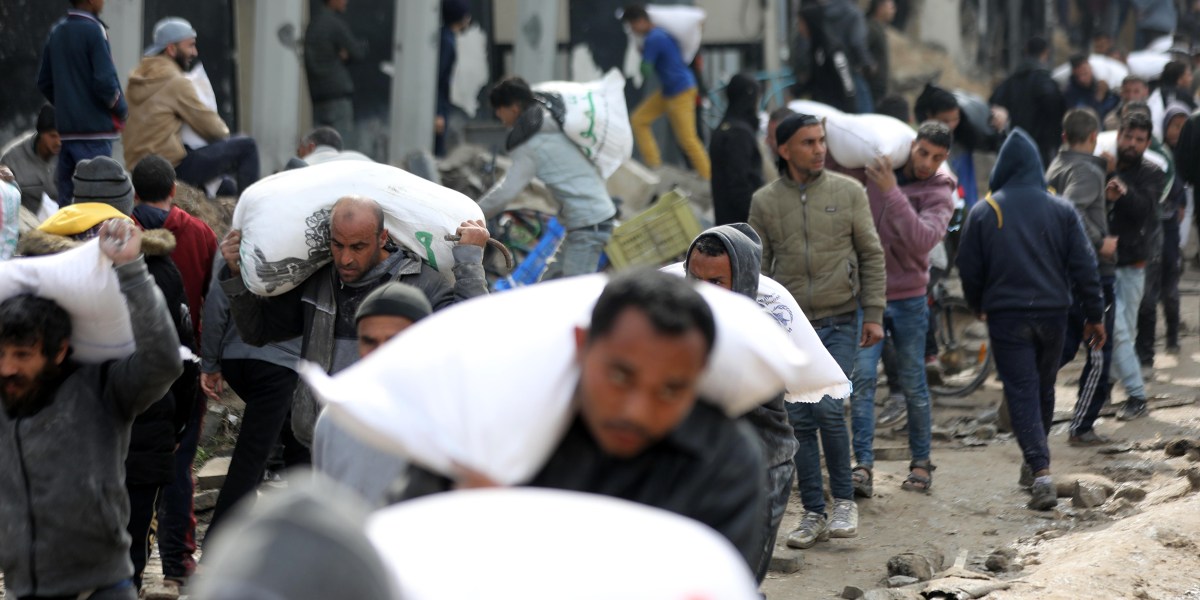Bonyduck Campersang
Deity
- Joined
- Dec 11, 2022
- Messages
- 2,816
Something something Chomsky manufacturing of

Unless you have experienced it yourself, I think it’s hard for some people in the west to understand the extent to which Palestinian lives are policed and controlled by Israel. We are constantly told that the situation is far too complex to parse, but when you go there, when you see how people live, it doesn’t feel complex at all.
“It’s made to sound as though you need a degree in Middle Eastern studies or some such, a PhD, to really understand what’s happening,” the acclaimed author Ta-Nehisi Coates said after he visited Israel and Palestine last year. “But I understood the first day … I was in a territory where your mobility is inhibited, where your voting rights are inhibited, where your right to the water is inhibited, where your right to housing is inhibited. And it’s all inhibited based on ethnicity. And that sounded extremely, extremely familiar to me.”
Twenty-one years ago, in 2003, American peace activist Rachel Corrie went to Gaza to defend homes in Rafah from being demolished by Israeli forces. “I couldn’t even believe that a place like this existed,” Corrie wrote in her diaries. “[N]o amount of reading, attendance at conferences, documentary viewing and word of mouth could have prepared me for the reality of the situation here. You just can’t imagine it unless you see it … Just want to write to my Mom and tell her that I’m witnessing this chronic, insidious genocide and I’m really scared, and questioning my fundamental belief in the goodness of human nature. This has to stop. I think it is a good idea for us all to drop everything and devote our lives to making this stop.”
A couple of weeks after writing that, 23-year-old Corrie was crushed to death by an Israeli soldier driving a US-made bulldozer. Nobody was ever held accountable for her death. Nobody will ever be held accountable for 12-year-old Rami’s death, either.
20% but the leadership of Israel wants that number to be zero. Hence the problem you don’t acknowledge even exists.Indeed, the fact that 20% of Israeli citizens are Arabs, while virtually no Jewish minorities remain in 20+ Arab countries undeniably suggests that the ability to co-exist is lacking solely on Israeli side.
^Is it likely to have an effect?
But is there any punishment for not abiding by UNSC resolution?The next days will tell. UN member states are obliged to follow resolutions adopted by the Security Council. That doesn't mean that they always do. You should view the SC as an organ of five permanent members usually voting according to their own geo-political and security related interests.

The resolution calls for an immediate ceasefire for the Muslim fasting month of Ramadan, which ends in two weeks,
and also demands that Hamas free captives seized on October 7 when it led attacks on Israel.
But can't those countries impose sanctions anyway? Would they need a UNSC resolution to do that?Any UN member state can impose sanctions of various severity on member states not abiding by UNSC resolutions.
But can't those countries impose sanctions anyway? Would they need a UNSC resolution to do that?
I don't think it's that interesting. Either they will, will lose all leverage, and Israel will go back to pounding Gaza into dust, or they won't, be criticised for it, and Israel will go back to pounding Gaza into dust.The interesting bit is whether Hamas will begin to release hostages, if Israeli forces obey the ceasefire.
I genuinely believe Israel is a rogue nation that needs to be stopped

